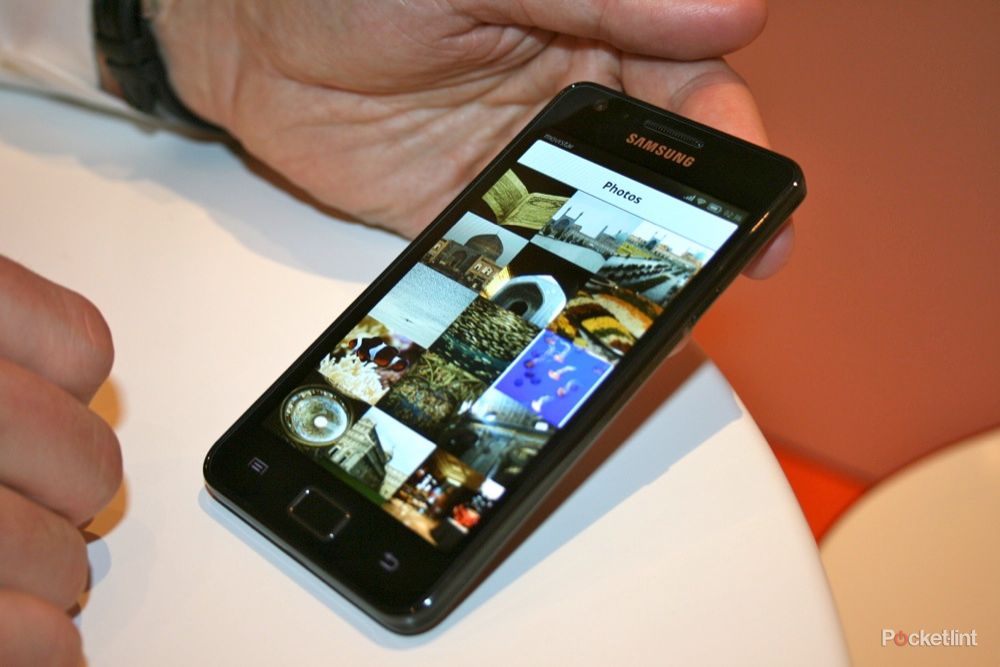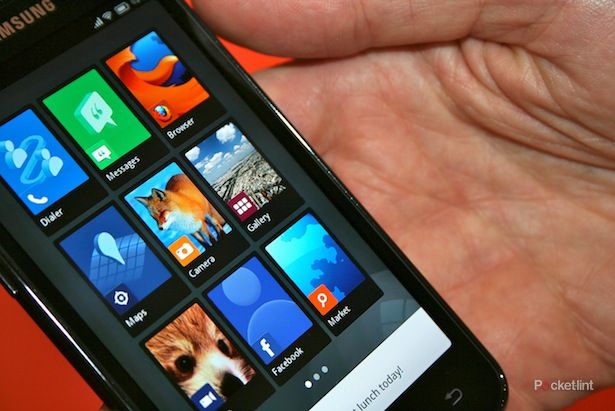Boot to Gecko, the mobile OS that isn't really an OS, officially launched over in Barcelona at MWC after the idea was touted by Mozilla back in July last year.
Unlike the theory back then though, when Mozilla's Andreas Gal stated that the platform would have to use Android for some aspects, albeit "as little as possible", Boot to Gecko has gone live running simply with a Linux Kernel. There's no sign of Android at all. The entire experience is web based but you wouldn't know that you are simply looking at a browser.

The UI is clean, crisp and has all the usual ingredients of a mobile OS such as a contacts list, a phone dialler and an SMS message platform. Over at the mobile expo, Jay Sullivan, VP of Products at Mozilla, demonstrated the platform on a Samsung Galaxy S II. But you won't need a high-end handset to run it, quite the opposite in fact.
"What's cool is that it's the first phone that directly connects HTML5 to the hardware so there is no OS like Android or iOS sitting in the middle," explained Sullivan. "What that enables us to do is to create a really awesome user experience at a lower price point and leverage all the people who are already developing for the web. So, the app store is the web."

Mozilla has already announced deals with Telefonica and Deutsche Telekom who both plan to build phones based on B2G and Sullivan told us that handsets should land in Q4 2012. Other companies are also in talks with a view to getting involved.
Those worried that the handset won't work when a data connection isn't available (because it's all web-based) need not. "All this stuff will run locally," said Sullivan. Mozilla has built an API that tells a web page when the phone goes offline and the apps can begin queuing up tasks when no connection is in place.

So often the pioneers of open web standards, Mozilla is keen to make clear that Boot to Gecko simply makes the mobile ecosystem more accessible for all.
"We believe that there should be an open alternative and what that means is that, for users, when you buy an application - you truly own that application regardless of what device you own," said Sullivan. "You can run your apps on any modern browser. We wanted an open alternative."
From what we saw in our demo, it looks as if Mozilla is about to provide a pretty decent one.

